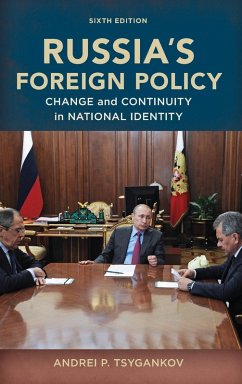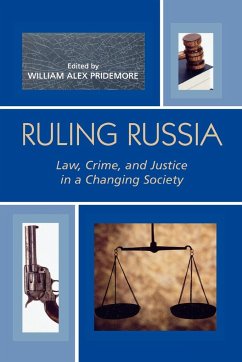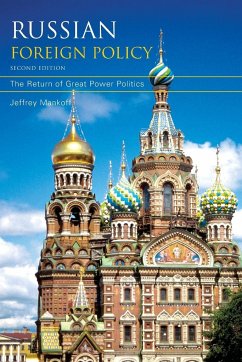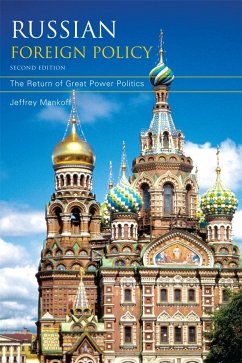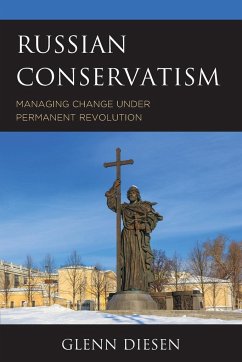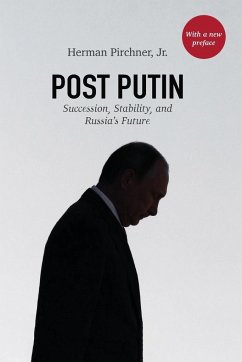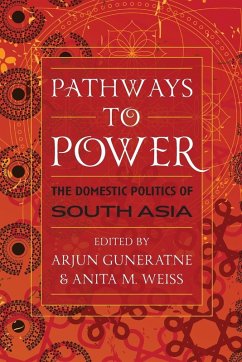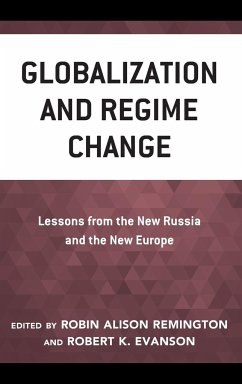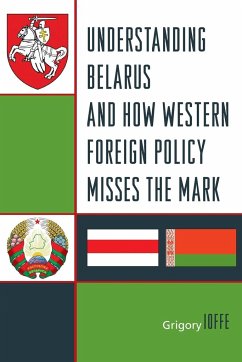
Pathways after Empire
National Identity and Foreign Economic Policy in the Post-Soviet World
Versandkostenfrei!
Versandfertig in 1-2 Wochen
60,99 €
inkl. MwSt.

PAYBACK Punkte
30 °P sammeln!
This book explores how culture shapes foreign economic policy in post-Soviet states. Taking a constructivist approach, Andrei P. Tsygankov argues that after the Soviet empire disintegrated, the strength of new nations' national identity shaped their decision whether to direct their economic activities inward toward Russia or outward toward Europe. Drawing on detailed case studies of Latvia, Ukraine, and Belarus, the author demonstrates how the stronger the identity, the more likely the new state was to shift away from the empire. Employing a range of both qualitative and quantitative analysis,...
This book explores how culture shapes foreign economic policy in post-Soviet states. Taking a constructivist approach, Andrei P. Tsygankov argues that after the Soviet empire disintegrated, the strength of new nations' national identity shaped their decision whether to direct their economic activities inward toward Russia or outward toward Europe. Drawing on detailed case studies of Latvia, Ukraine, and Belarus, the author demonstrates how the stronger the identity, the more likely the new state was to shift away from the empire. Employing a range of both qualitative and quantitative analysis, this study brings a national identity perspective into the forefront of international political economy theory.



